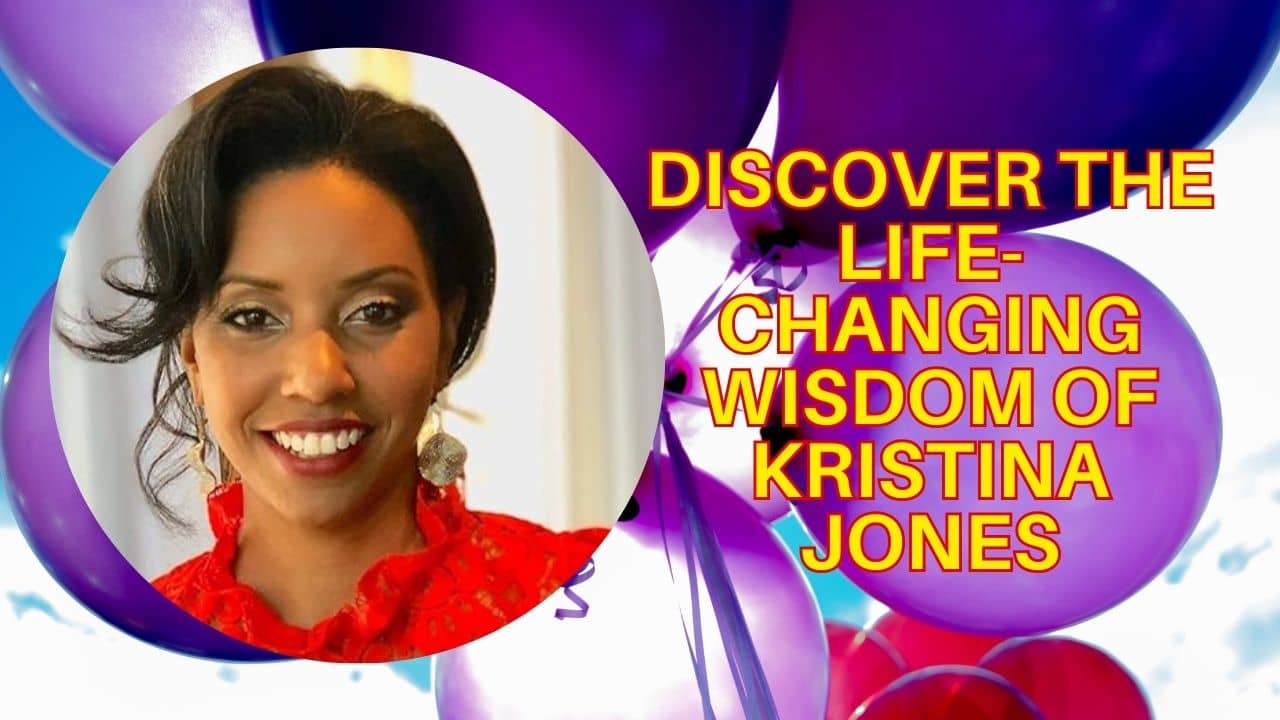Windfall Definition and Its Meaning In English
The word origin today is a windfall, and The Word Windfall meaning in reality is the sudden flow of money, assets, or abundance. If someone says that something is a windfall or someone got a windfall, it means that someone suddenly came into a very large amount of money that was not expected or due to a lot of luck. They just got a lot of luck.
Secrets Of The Word “Windfall” and Windfall Definition
It also included branches or sticks which were blown from trees to help start a fire. So again it was a windfall. It just came down from the wind. You didn’t have to do much. You just had to pick it up and take it and that was it. So that’s where the idea of windfall originally came from. Today, of course, when we say windfall it has to be worth considerably more than a piece of fruit or some sticks to start a fire it has to be a considerable number.
A big number you know I have to say at least in the tens of thousands, if not the hundreds of thousands usually when we say windfall. All right.
Popular Examples Of Windfall
1. Here’s the first one, Jack came into a windfall. He was contacted by a lawyer that he inherited a fortune from a long-lost relative. Yeah. We often see this in movies.
To be honest, I don’t know really if I’ve ever heard of it that much in real life. But in movies, it’s a common plot. That somebody gets contacted from a long-lost relative and they were just very lucky . . They left…. that they left them I don’t know hundreds of thousands of dollars or millions of dollars or something like that. Okay, so we do use it for, you know, winning the lottery too.
2. Even though that’s not one of my examples, but you know, if you won a big jackpot lottery that could be a windfall as well. All right. Number two here. Now, this is a real case. In 2010 a family came into a windfall by finding a copy of Actions Comics number one. In well, in his basement, the guy found it in his basement. This comic had the first appearance of Superman which fetched, meaning that’s how much they could get for it or that’s what they got for it … a quarter of a million dollars at auction. And of course, this made the newspaper.
This made the news and the family was actually in tough times. They were almost about to lose their house. They ran out of money with their mortgage and stuff and I guess they were searching for it through the basement and just by chance they had a copy of the first you know, the appearance of superman.
You know, Actions Comics number one. I don’t know if somebody saved it and they forgot about it and they lost it there. But either way, they said they found it there. And of course, they got a lot of money for that. All right. Let’s read the next one.
3. There’s another real case. In 2014, a couple came into a windfall by finding 10 million dollars worth of gold coins while walking a dog on their property. They had a lot of property though. So this was a little farther out. I think it was hidden in some sort of a tree or tree stump.
That’s what they claim. Anyway. But they came across all of these coins and again they came into it was very unexpected just by luck they found it. So these are two real cases here.
4. And the fourth one here. Bob invested $500 in Bitcoin when it was under a dollar and it turned into a windfall for him. Yeah. there’s a lot of people who became very rich and Bitcoin if they bought early I don’t know what the price is right now. It’s probably around 10 000 US dollars but you can imagine if you bought it for under a dollar you know you could easily be turned into a millionaire by you know just investing several hundred dollars into it. And there are a lot of people that did just that.
I mean there was a point where it went up to close to twenty thousand dollars at one point too. Who knows in the future if we’ll go back up again, but anyway. that’s it, there were several true stories of windfalls in that category. Okay. Anyway, I hope you got it. I hope it’s clear. I hope it was very informative.
Still Not Convinced With Windfall Meaning?
What to do with a windfall, yes, a big juicy inflow of money. Now you might go, well, Ann, hey, quality problem. Well, for many people it’s not a quality problem. It’s a real problem because most people have no idea how to handle a big inflow of money. But not just even a big inflow, it might be a smaller inflow. Maybe it’s a year-end bonus at work.
Maybe you’ve got a tax refund. Maybe you got a nice raise. Maybe you inherited some money, so that could be some bigger chunks. Maybe you got a divorce settlement or a life insurance payment. Maybe you’ve been working on a side gig, and you’ve got some additional money coming in.
So, it can be a whole range of this additional money coming in. And for many people, without actually having a strategy or plan to how to deal with inflows, two big, bad things happen. One, it just flows straight out of their life, because if they’ve got a dodgy or dysfunctional money flow, all of that additional inflow will do is magnify that money flow. Now, if you don’t know about money flows and whether you’ve got a dysfunctional one or not.
But so, what happens, that dysfunctional money flow just gets magnified by the increase of money, and then when that windfall is dried up, when it’s no longer flowing in, they ended up with a wider or bigger dysfunctional money flow. So, it’s like a river comes in.
There’s a big flood happens, boff, it bursts the river banks and then it all dries up and now you’re left with just bigger river banks. And this is one of the reasons why most people who get a big windfall, a divorce settlement, an inheritance, a lottery win, maybe some kind of payout from insurance, it could be from an accident, actually end up in a worse financial position within two years from when they got that windfall.
It’s also one of the reasons that over 94% of all big earners in the sport and entertainment area, musicians, movie stars, big sports stars that get a lot of money for a short period end up in really, really bad financial positions because they’ve never been taught what to do with it. But, maybe your windfall is that tax rebate. You want to have a strategy.
So, what do you do with it? The most important thing to do when you have any kind of bigger chunk of money flow into your life is neutralized it. Because here’s the thing. As humans, we treat money from different sources differently. We have one mindset or behavior around money that we’ve earned that we’ve worked for. You can go, oh, my hard-earned money. And so, most people have some kind of way that they manage that money.
But by windfalls, people often go, oh, you know, free money. Oh well, it’s cheap, it came in. And so, often people will treat it with a lower value, its potential. Hence, why it makes it so easy to flow out.
People say, oh well, you know, I didn’t work for it, so let’s go on that holiday or buy more things or get that car or whatever it is. They’ll treat that money differently. So, your very first step is to neutralize this energy, the beliefs we have around the meaning of that money. Because all money is equal, but we create different weird identities around money from different sources.
So, how do you do that? Everybody should have what I call your reservoir, your dam account. This is also really important as you start getting more asset-generated income, that you have an account where all money sources flow into, and this should not be your day-to-day transaction account, because it’s not about spending it. This is a catchall account where investment property income comes in, dividend income, your other passive businesses, and windfall goes in. So, it can all neutralize. It can spend a little bit of time in that big dam, and it can blend with money from the other money sources and your actively-earned income should come in there, so it ends up all just being money, not free money, earned money, investment money, which we can have different behaviors. Money is money.
Now, you then need to have a money management system, something like wealth pie, about how to allocate that money. So, let me give you a refresher. So, key things with a windfall that you want to do. The very, very first thing that you want is an increase, a big lump of that needs to go to your freedom, and the more of that money that you can put to freedom, the better.
This is to your investments, to assets. Remember, if you create assets, those assets end up working for you over and over and over again, as opposed to just spending that money, because once you’ve spent it, it is gone.
Whereas if you convert it into assets, it’ll keep earning for you over and over. So, you want a minimum, a minimum of 10% of that windfall to go to investments. Now, if it’s a big, sizeable windfall, or if it’s something like an inheritance, a death benefit, a divorce settlement, you want 90% of that going to assets because that money is designed to look after you.
But in the interim, I’m talking about maybe a tax rebate. Now, we’re gonna come to the more dividing up. So, pay yourself first. Pay your freedom first, is where that first chunk of money needs to go. And you can look at your tax-efficient mechanisms.
Have you utilized your tax-protected investment parts? Your ISA allowance, your Roth allowance, your tax-free savings account allowances. Make sure you top those up first. Have you fully utilized your retirement funding allowance for that year?
Are you in a country where you can go back and utilize previous years’ allowances? So, top those up, because that enables your investments to grow free of tax and be more efficient as you go. So, pay yourself first. Buy investments with a large chunk of that money. The next thing to do is pay down and clear consumer debt. That is that contraction debt.
This is not neutral debt, not your mortgage on your house, and it’s not expansion debt. This is not debt that you’ve taken on to control and buy assets like investment property debt or gearing in businesses.
This is straight consumer debt, credit cards, overdrafts, store cards, your car loan, student loans, IOUs, short payday lenders, all of that hideous stuff where you’re paying interest on that money that’s just without something against it, get rid of that. And remember that every bit of debt you pay is a wealth strategy because it increases your net worth. And remember, your net worth is your guiding star.
That’s what you’re focusing on is building your net worth to get to your freedom number, so that you don’t have to work if you don’t want to, because your assets are doing all the work. So, that’s key. Create assets, blitz your debt. Both of them are going to increase your net worth.
Now, the next thing is to build up your cash safety net and for your emergency fund if you don’t have that already in place. Emergency funds, so let’s go ahead on what does that means, getting that protection pate in place.
This amount of money is to serve you for things that are expensive coming down the line, but also for emergencies, and money that you can feed off in an interim period, so you can allow your assets to grow.
We’re starting to get into drawdown strategy, but you always want a chunk of money that you can live off if you’re not earning actively, but also as part of your intention that you’ll then feed off a cash element when you’re drawing down and feeding off your feast. So, build up your cash safety net and your emergency fund, really important.
Then the fourth aspect, allow yourself to indulge, have some fun, celebrate some of that money but not all of it. Don’t blow it, but I’m also not gonna be the, ooh, you can’t have fun. As you know if wealth pie, you need to be having fun with your money. If you’re not doing that, something else will happen.
It will blow up in a big, messy money drama. We need to be satiating our desires, having joy, celebrating life, but that’s the key thing, make sure you’re spending it on things that you enjoy. So, indulge, have fun and get value from that rather than just some unconscious, like how quickly can I get rid of the money.
Allocate some of that to real things that you want to do. And then, the fifth element is to allocate some of that to your growth. Think about, what is an area that you can go and get some more education in, some more knowledge you can gain.
Is there a course you need to do? Or want to do? Is there a teacher you want to work with? Is it something that can increase your earning potential actively? So, maybe you’re an amazing photographer, but you want to get that next distinction on how to get even more extraordinary photographs, so you can put more onto passive earning and earn more royalties off your photographs.
Do you wanna learn how to invest in another asset class? Do you need to get a property mentor or learn how to do rent to rent? What about investing in the stock market? Can you increase your skills or do you want to start an online business?
Do you need to learn how to market that? And so, allocate some money for your growth. So, there you go. Key thins with your windfall. Most important, neutralize it. Secondly, determine whether it’s a big lump sum that’s been designed for you to live off and feed off for a long time. If that’s the case, you get it invested and working.
If it’s a smaller inflow, like some lottery win, not that I’m a big proponent of that at all. I think the lottery is hideous, but if it’s a tax rebate or a bonus that comes in, look at these different five areas. Freedom first, saving, paying down consumer debt, allowing yourself to indulge and have some fun and allocate some to keep growing you.
So, there you have it. I’m Ann Wilson and I’d love to know in the comments below, what have you done in the past with an inflow? Have you had a strategy? And now, having a strategy, what difference will that make in your life going forward?
And please share in as much detail, any areas that you got from this post, because that will also really help others that come here who are also looking at growing their financial freedom and financial savviness and their relationship with money, so they too can get to live their greatest life. And remember, your freedom is always created just one step at a time, so keep taking those steps. Until next time, keep living that rich, juicy life.














